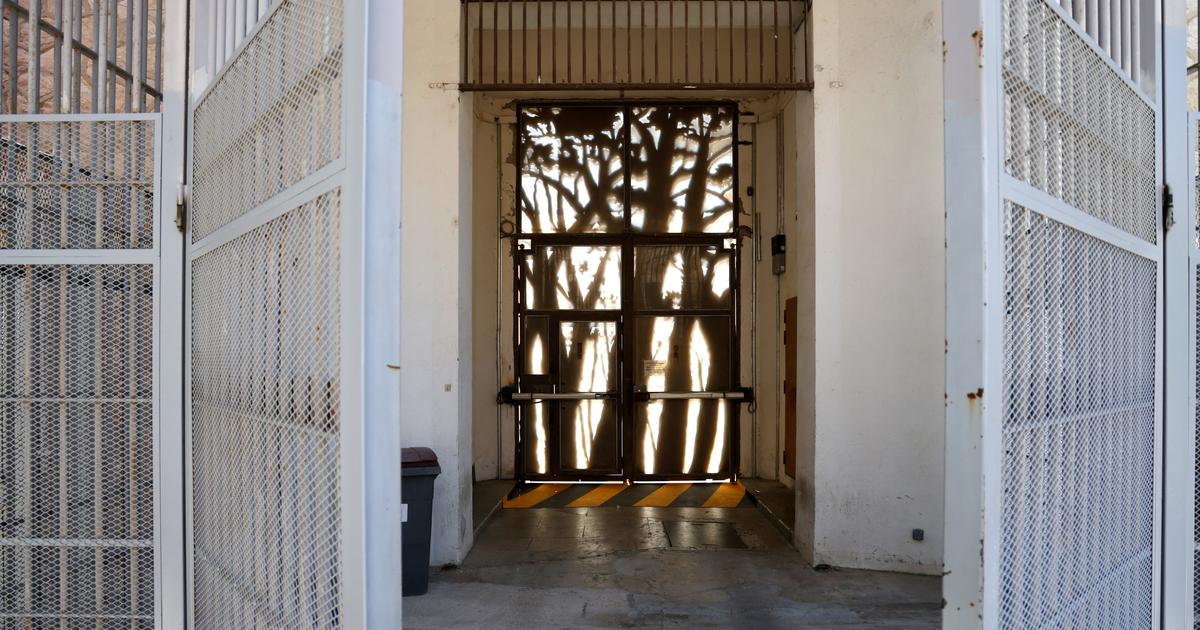Icon: enlarge
A worker in a palm oil plantation near Kuala Lumpur: The work on the plantations is considered hard, dangerous and dirty
Photo:
Samsul Said / REUTERS
The corona crisis could bring former drug addicts and prisoners to the plantations in Malaysia.
The palm oil industry in Malaysia is almost ten percent short of its workforce because foreign workers cannot travel into the country due to travel restrictions.
Because of this, the palm oil industry, which is important for the economy, is threatened with a harvest collapse of up to 30 percent, says the Malaysian Palm Oil Association (MPOA).
The Reuters news agency wrote that there was a shortage of around 37,000 workers from abroad.
When looking for harvest workers in the country, the plantation owners are now trying to win drug addicts and prisoners for work.
There are no harvest workers from Indonesia and Bangladesh
"We are looking in prisons for those to be released in the coming months," said Renaka Ramachandran, chief financial officer of the world's largest palm oil producer, Sime Darby.
"We have also reached out to drug rehabilitation centers and try to hire anyone who might be suitable."
The industry association MPOA said that although there have been initiatives in the past to hire prisoners, more and more palm oil companies are now interested.
Malaysia is the world's second largest exporter of palm oil after Indonesia and, in normal times, recruits harvest workers from Indonesia and Bangladesh.
The work is considered hard, dangerous and dirty.
Over the past few months, the industry has tried to get the local population to work on the plantations - with moderate success.
The shortage, especially in the peak production months from September to November, affects the harvest.
The MPOA estimates that producers will have to forego up to 30 percent of their potential income.
Icon: The mirror
caw / Reuters














